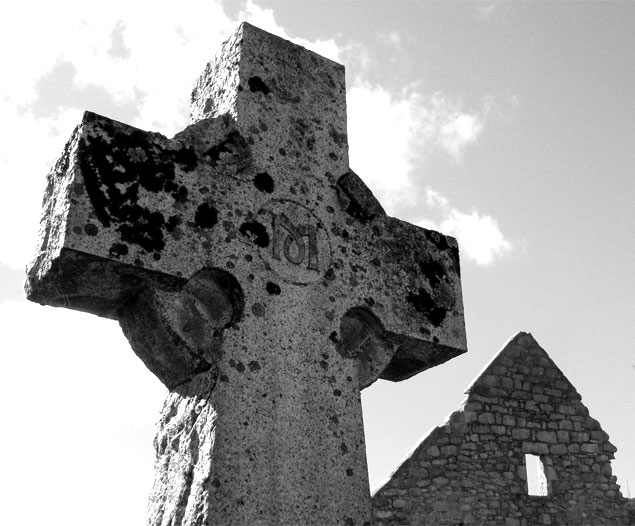8 Courses

Anglican Apologetics 301
In this course, students will be introduced to the basic definition of, and tenets of, Orthodox Anglicanism; second, to enable the student to compare and contrast Orthodox Anglicanism to Roman Catholicism, liberal Protestantism and Fundamentalism.
Diaconal Instruction Program
Catholic Theology 400
This course is designed to provide students a basic knowledge and understanding of many of the divisions of
systematic theology, including Theology proper, Anthropology, Hamartiology, Soteriology, Christology,
Ecclesiology, and Eschatology. To provide the student insight as to the differences between Western and
Eastern approaches to theology. To provide the student insight as to the differences between Catholic and
Protestant approaches to theology, and to provide the student the theological tools to identify and discuss
heretical writings and thought.
Diaconal Instruction Program
General Introduction to the Bible 305
This course is intended as a first introduction to the Bible. After completing this course,the student should be able to use biblical notation accurately, be aware of several hermeneutical traditions for the interpretation of scripture, have a general knowledge of the major events in biblical history, and begin to discuss the meaning of scriptural texts.
Diaconal Instruction Program
Survey of Church History - CH 302
The core purpose of this course is to provide the student with a wide knowledge of the major historical events and persons in the Christian Church, with a special emphasis on the events and personalities of the English Reformation and the subsequent growth of Anglicanism into a global Faith. After completing this course, students should be able to identify major events and figures in Church history, especially Anglican history, and have the ability to discuss the impact these events and persons had on the development of doctrine, on the Catholic Church and on the world.
Diaconal Instruction Program
Spiritual Formation of Clergy 320
The goal of this course is to gain an understanding and knowledge of spiritual formation from a theological understanding of prayer and the life of prayer. The student will develop, to a greater degree, his own spiritual life; gain a deeper knowledge and communion with God through the development and practice of a Rule of Prayer; become better equipped to care for other souls in his priestly vocation.
Holy Orders of the Church 300
After completing this course, the student will have knowledge and understanding of Holy Orders from scriptural, historic, and theological perspectives, thereby gaining a deeper and more personal insight into his own vocational calling and the structure of the threefold ministry in which he is seeking to be ordained. The student will accomplish the course objectives by reading the assigned texts and providing brief written answers to the questions assigned for the given readings.
Diaconal Instruction Program
Liturgical Theology 350
After completing this course, the student will have a basic knowledge and understanding of the history, development, and theology of worship, specifically worship directed by The Book of Common Prayer. The student will learn the structure of Prayer Book services and basic procedures to use The Book of Common Prayer in public worship. The student will gain an appreciation for the orthodox editions of the Prayer Book and be able to identify theological aberrations found in the newer editions of alternative Anglican service books.

AP 301: Anglican Apologetics
In this course, students will be introduced to the basic definition of, and tenets of, Orthodox Anglicanism; second, to enable the student to compare and contrast Orthodox Anglicanism to Roman Catholicism, liberal Protestantism and Fundamentalism.